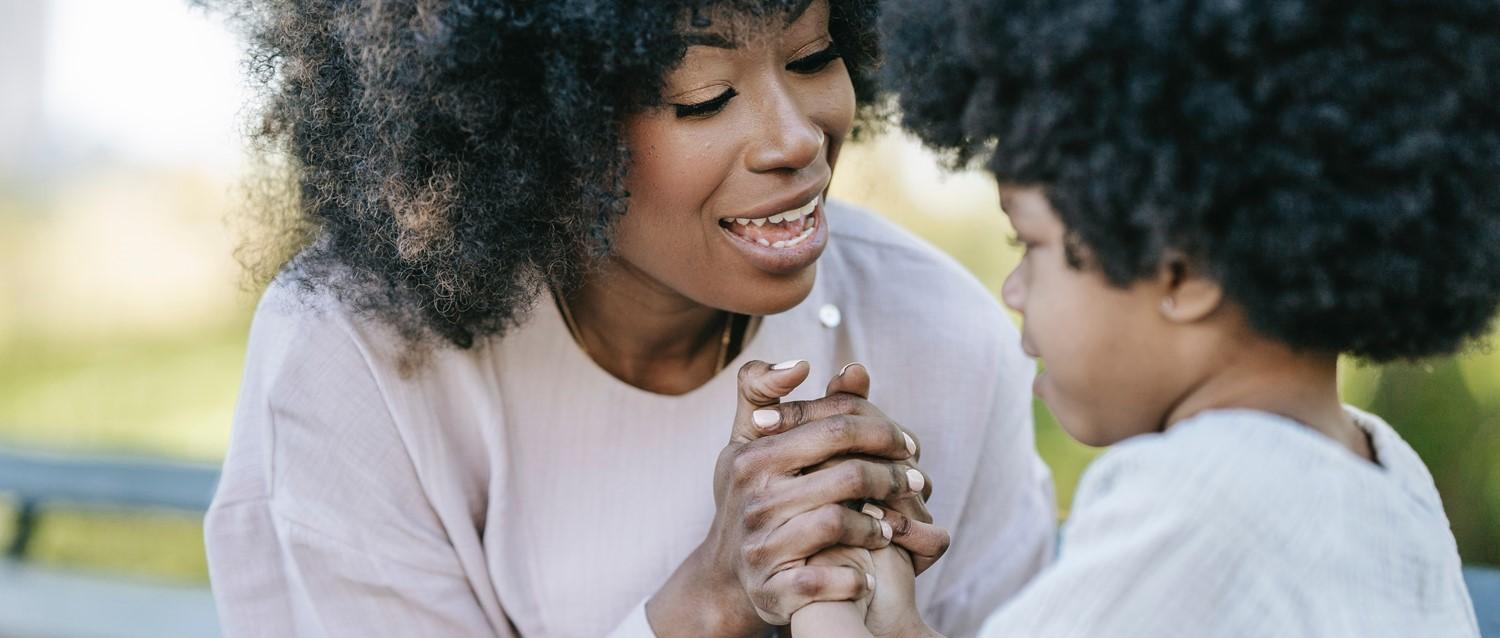
How to cope with New Year after losing a loved one
Peer reviewed by Dr Sarah Jarvis MBE, FRCGPLast updated by Amberley DavisLast updated 30 Dec 2023
Meets Patient’s editorial guidelines
- DownloadDownload
- Share
- Language
- Discussion
Facing a new year after losing a loved one can be particularly upsetting. New Year is often seen as a time for reflection as well as a time to set expectations for the year ahead. This can make coping with memories all the more difficult. The key is to be kind to yourself, and to follow the tips from experts that can make grief a little easier to cope with at New Year.
In this article:
Continue reading below
Is grieving for a year normal?
Mourning the loss of a loved one can't be measured on a timeline. Grief support organisation Sue Ryder emphasise that there are no rules for how you should feel after a particular time. Bereavement is like an emotional rollercoaster, and as time goes on feelings of grief will gradually become more manageable. However, this experience is different for every person.
Grieving for a year or more is perfectly normal, but the first twelve months can be particularly difficult. "The first year is usually the hardest," says Alivia Rose, psychotherapist and spokesperson for the UK Council for Psychotherapy (UKCP). "It is a year of first anniversaries without your loved one, including birthdays and the first Christmas."
New Year after losing a loved one
New Year is a time associated with looking back and looking forward. Themes on past year reflection as well as on setting New Year expectations fill the media. If you have lost a loved one, this can be an especially challenging time.
Somia Zaman, psychotherapist in a private practice, explains that the first New Year can be particularly poignant: "Memories may rush back of happy occasions spent with them in previous years. Whilst others are partying, making resolutions, and looking to the future, you might not yet be ready to let go of the year you lost your loved one."
Even after your first New Year coping with grief, the memories that resurface over Christmas, and New Year reflection and resolutions can continue to trigger intense feelings of loss with each year.
However, this is not to say that your emotions won't become more manageable: "Over time, these recollections will feel comforting and even joyful, but they are all too raw at first and only add to the pain," adds Zaman.
Continue reading below
Ways to cope with grief in the New Year
It's important to be kind to yourself during New Year, especially in the first New Year after losing a loved one. This means giving yourself permission to experience the emotions you're feeling, not to be 'your usual self', or to feel pressure to adhere to 'normal' New Year celebrations and rituals.
Do what you want on New Year's Eve
"Remember that New Year's Eve itself is just one night," advises Zaman. "If it feels best to have a quiet night at home with the TV, then that is absolutely the right thing to do. You can choose to celebrate the start of the year in a more low-key way."
This could involve a New Year's Day walk or meal. While many people celebrate New Year with alcohol, only drink if this is what you feel like doing and remember that alcohol can be a depressant and can also trigger anxiety. These effects are more likely to occur if you drink while in poor mental health.
Try not to dwell on the year ahead
Rose also recommends that you try to avoid looking and planning too far ahead at the beginning of a new year. "Looking ahead to all the anniversaries you will experience without your loved one can be too overwhelming. Instead, try to live in the moment as much as possible."
Living in the moment is easier said than done, but partaking in activities that you enjoy can be a good place to start. If your usual New Year rituals bring up painful memories, you may also want to fill up your time doing something you've never done before.
Spend time with family and friends
If you are mourning a loved one, it's more important than ever to keep in regular contact with family and friends.
"When grieving, spending time with friends and relatives can be helpful, but you understandably won't feel like the life and soul of the party. If you are living with the burden of grief, you may still want to seek the company of others, but may also feel conscious that you don't want to bring the party down. This painful conundrum can leave you feeling especially isolated at New Year," explains Zaman.
"My advice would be not to isolate yourself. People will understand that you still need to socialise but that you might not be on your best form. If a large get-together is too much, then arrange to spend some one-on-one time with the people you are closest to."
Speak to someone who understands grief
Rose emphasises the importance of speaking to someone who understands grief, whether this be a friend who has also experienced bereavement, a trained volunteer at a bereavement charity such as Cruse or a professional counsellor.
"This can help you understand that grief is an emotional wave, and that these intense emotions which can make you feel unlike yourself, will eventually subside."
While emotions relating to loss can be heightened at New Year, this is important advice for any time during bereavement. Speaking to a professional can help you to cope with grief and also help to treat other common mental health conditions that can be triggered through the loss of a loved one.
In a 2020 Sue Ryder survey, nearly three quarters of participants believed they had experienced symptoms of depression and nearly two thirds had felt anxious after losing a loved one. Despite these high rates, only 18% of women and 12% of men said they had actively sought psychological help for these feelings1.
Further reading
Patient picks for Grief

Mental health
How can grief damage your self-esteem?
Losing someone close to you brings on intense emotions, and as you cope with grief it's easy to lose your sense of self. This can severely impact your self-esteem, which can affect all areas of your life and make it even more difficult to cope with your loss.
by Amberley Davis

Mental health
How to talk to children about death
One of the most difficult things for parents is watching their child experience grief after the death of someone they love. What often makes mourning so tricky for parents and other caring adults is the feeling that they can't make it better. Children and teens are going to experience pain as they go through this, and all you can do is be there to support them.
by Sara Lindberg
Article history
The information on this page is peer reviewed by qualified clinicians.
Next review due: 30 Dec 2026
30 Dec 2023 | Latest version
26 Dec 2021 | Originally published
Authored by:
Amberley Davis

Ask, share, connect.
Browse discussions, ask questions, and share experiences across hundreds of health topics.

Feeling unwell?
Assess your symptoms online for free
Sign up to the Patient newsletter
Your weekly dose of clear, trustworthy health advice - written to help you feel informed, confident and in control.
By subscribing you accept our Privacy Policy. You can unsubscribe at any time. We never sell your data.